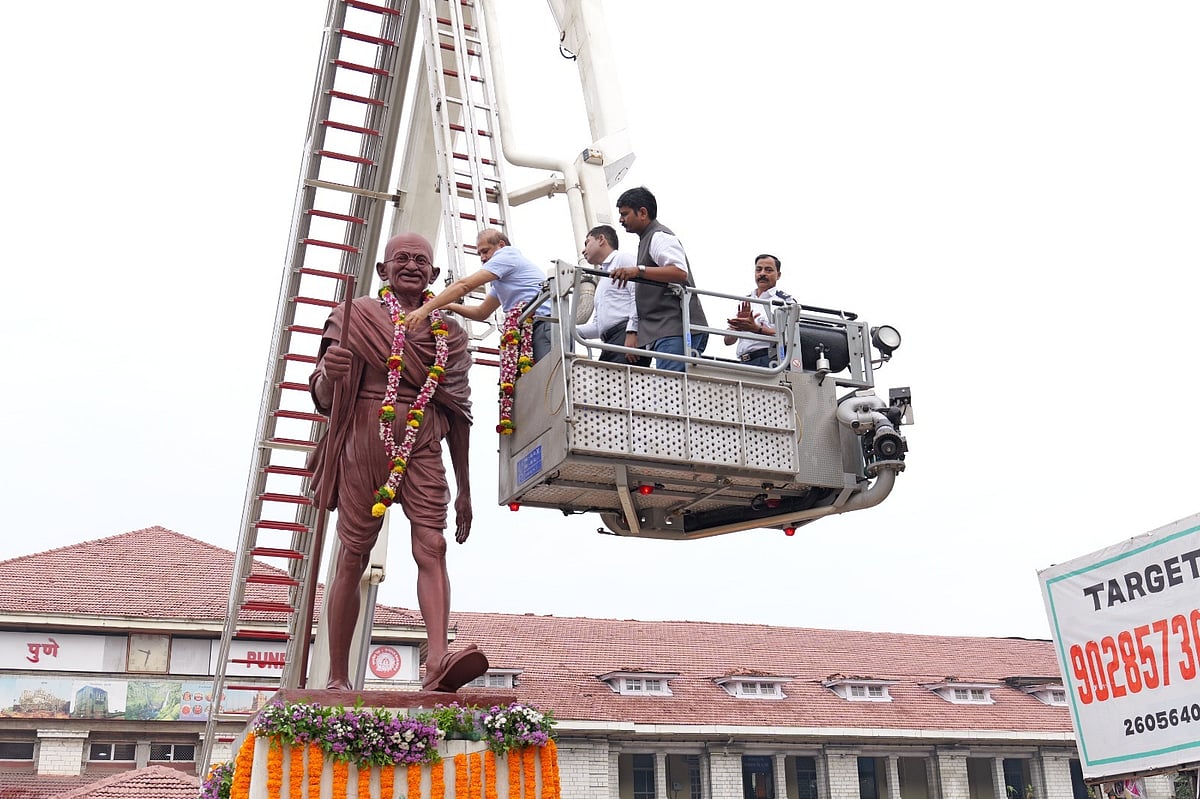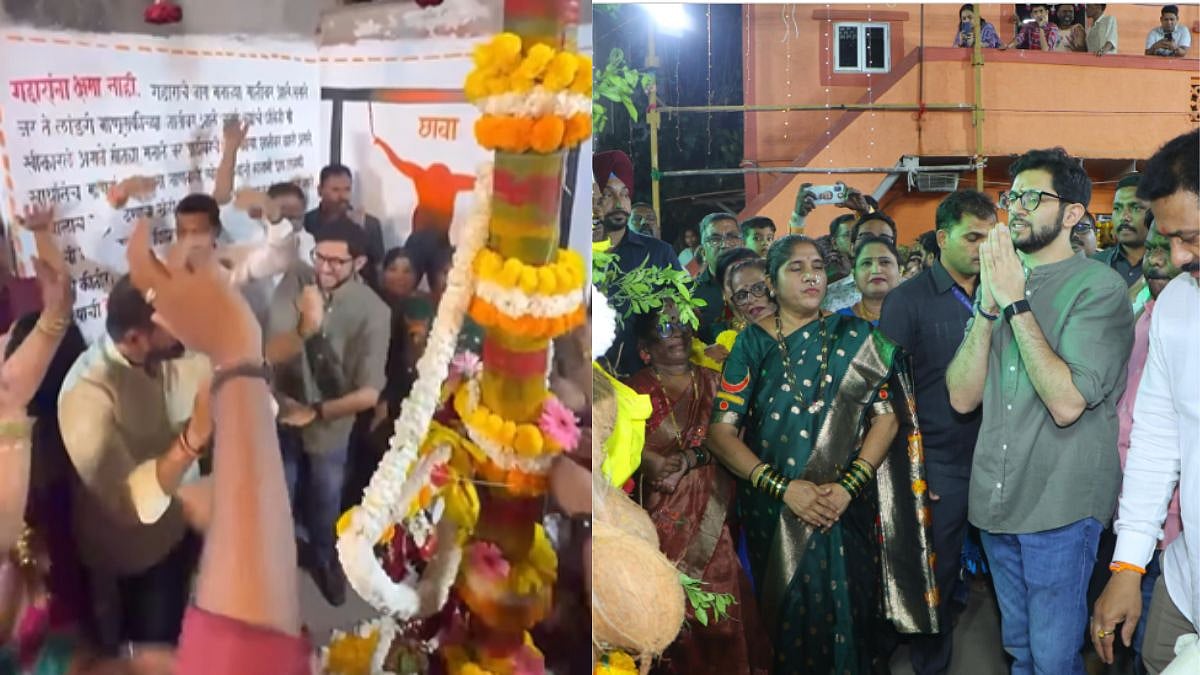Surat, the "diamond city" of India, recently clinched the coveted title of India's cleanest city in the Swachh Survekshan 2023 survey. However, a closer look beneath the glittering facade reveals a stark reality for residents in some areas, particularly ward number 14, where the situation remains abysmal.
Instead of sparkling streets, visitors to certain pockets of Surat Municipal Corporation’s (SMC) ward 14 are greeted by overflowing drainage lines, heaps of garbage, and stagnant pools of filthy water. Residents endure an unbearable existence in this "hellish" environment, forced to navigate streets that resemble open sewers. Areas like Udharsabhoyani Wadi, Patichal, Narasimha Mandir Tekra, and Ambawadi stand as stark reminders that the "cleanest city" title doesn't paint the entire picture.
This neglected ward, encompassing Umarwada and Matawadi, ironically houses some of Surat's most crucial economic hubs. The Bombay Textile market, one of the largest in the country, and the diamond units and offices of Matawadi are located here. Yet, the residents surrounding these economic engines are left to grapple with abject neglect.
opposition councilors visit ward
A recent visit by opposition councilors to the ward shed light on the residents' plight. Payal Sakaria, leader of the opposition in SMC, expressed both joy at Surat's ranking and concern for the neglected residents. "Open drains, streets turned sewers, and garbage piles are their reality," she stated, highlighting the stark disparity within the city.
The situation in ward 14 raises crucial questions about the true definition of cleanliness. While certain areas may be showcased for their gleaming surfaces, ignoring the plight of entire communities negates the spirit of the Swachh Survekshan initiative. As Sakaria aptly pointed out, "visiting a few good areas" and assuming all is well is not enough.

“Surat's recent accolade demands introspection. The city's leadership must acknowledge the harsh reality faced by residents in ward 14 and other neglected areas” said Darshan Naik, social activist. “ Equitable distribution of resources and infrastructure development are crucial to ensure the "cleanest city" title reflects the lived experience of all its residents. Only then can Surat truly claim to be a city for everyone, not just the privileged.




